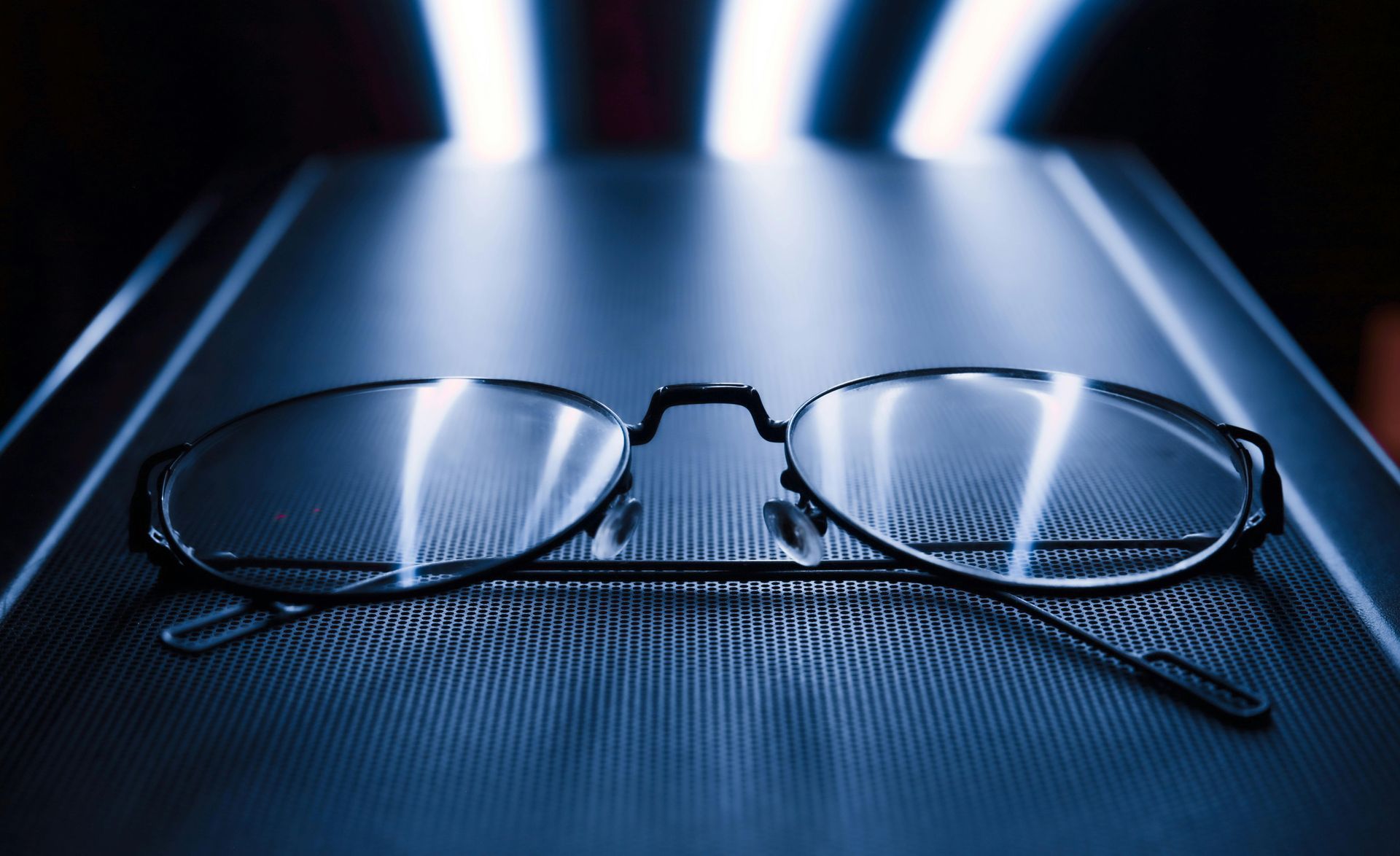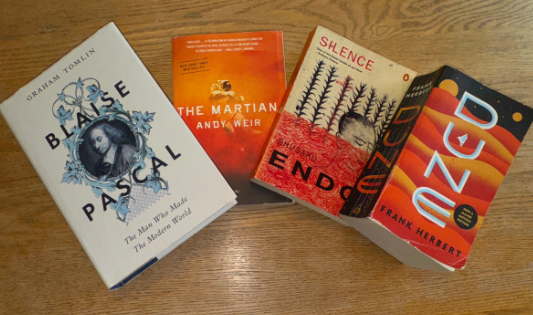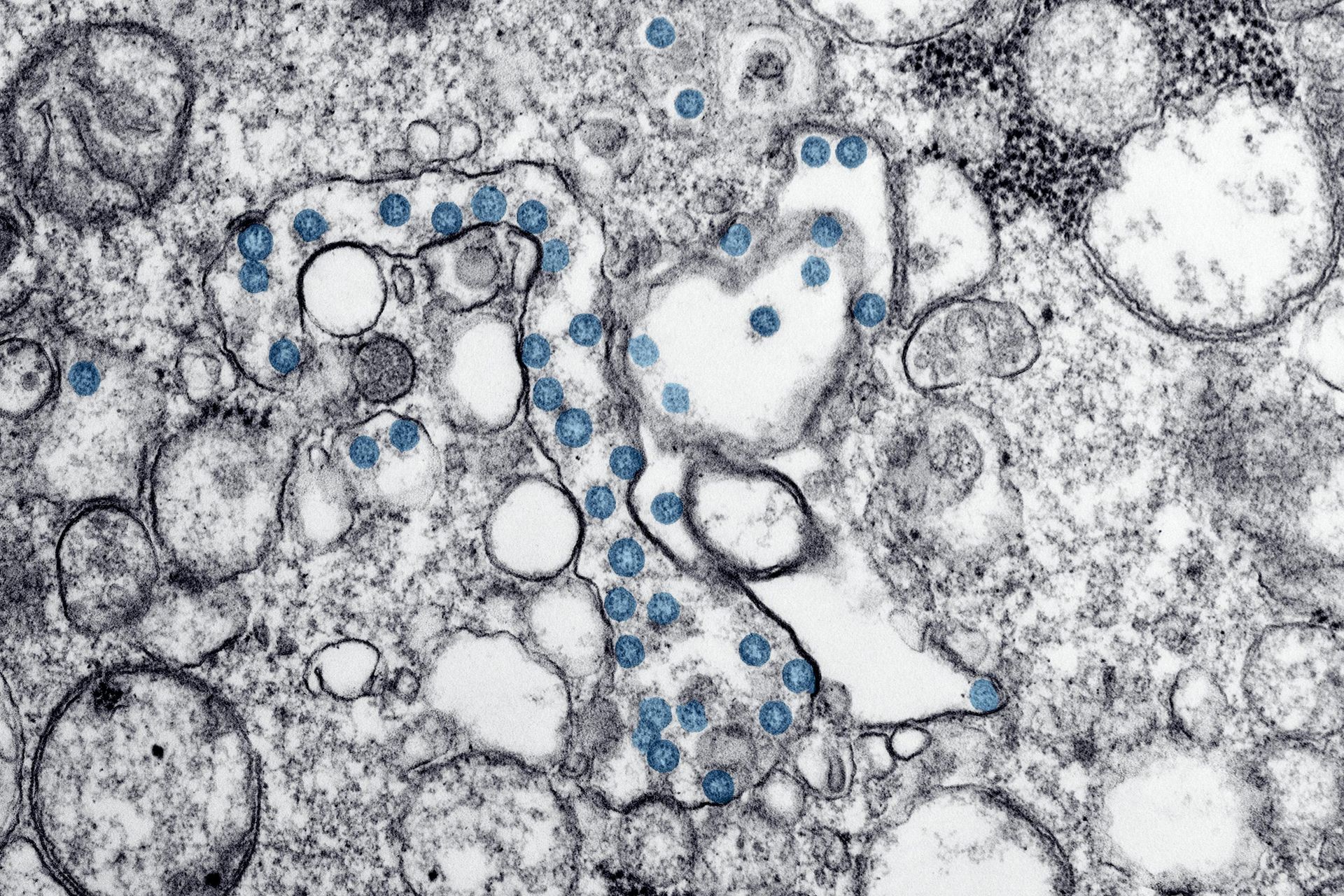Support: Without it Everything Falls Down

Blog vol 5.10. Support: Without it Everything Falls Down
Last reference to the Olympics for this season, the Games do bring up a lot of interesting ideas. Much is made of Olympic athletes: their commitment, their skills, their tenacity, and their ability to keep focused under incredible pressure, but what about the athlete’s support network? their families, their coaches, classmates, friends, therapists, the salesperson at the sports equipment store, their communities.
We aren’t privy to the MANY people and situations that make up the success of each athlete. This is the part that is not visible in the competition, but without it that athlete is not there, the whole enterprise falls down.
I think that CBC did a great job of bringing this out, the parents and siblings at the games, the shots of the arenas with whole communities joining together to watch their local athlete’s live event. Getting to the Olympics is a huge commitment on the part of the athlete and their whole support network. Most athletes don’t win gold, just being there is an amazing accomplishment.
I want to discuss the reality and the crucial need for excellent support, for just as it takes a community to raise an athlete, it takes a community to take care of each other, especially to take care of those with health and vision challenges.
We saw 3 gold medals from Summer McIntosh. Summer started swimming competitively in 2014, at the age of 8, and her older sister Brooke competed internationally in Pairs figure skating. Just imagine their household routines, the crazy early morning practices, endless pool lengths, the meets, and the exams. Think of all the coaches along the way, the teachers and classmates, neighbours, fellow competitors, Mom and Dad driving and supporting them with their finances and time. All huge. Don’t forget that this is a family that wins on every level, just ratcheted up even more, and don’t forget the long-term commitment from all these people. All relatively unseen.
You get the picture. Many of my visually impaired patients get similar support from family and friends. I work with a good number of people with Low Vision (visual impairment), such as macular degeneration or glaucoma, to help them maximize their residual vision. Low vision is very involved: dealing with devastating loss, a changed life, learning all new skills, retraining, redefining yourself. For the best prognosis, family, counsellors, social workers, rehab workers, employers, and friends would help. All huge. This is long term and heavy lifting. All relatively unseen.
No acclaim here, no gold medals, but so important.
Burlington Eyecare also cannot run without excellent support, the unsung heroes that make our clinic happen. It is like life, the things that go unnoticed are often the most crucial. Every day there is always someone willing to drop whatever they are doing to help with a test or an urgent phone call, someone to get people into the schedule who need to be seen, someone to find a needed crowbar(!) or clean up a spill, and all done pleasantly. A big Thank you to everyone at the office.
“All that is gold does not glitter,” (J.R.R. Tolkien).
The good doctor






